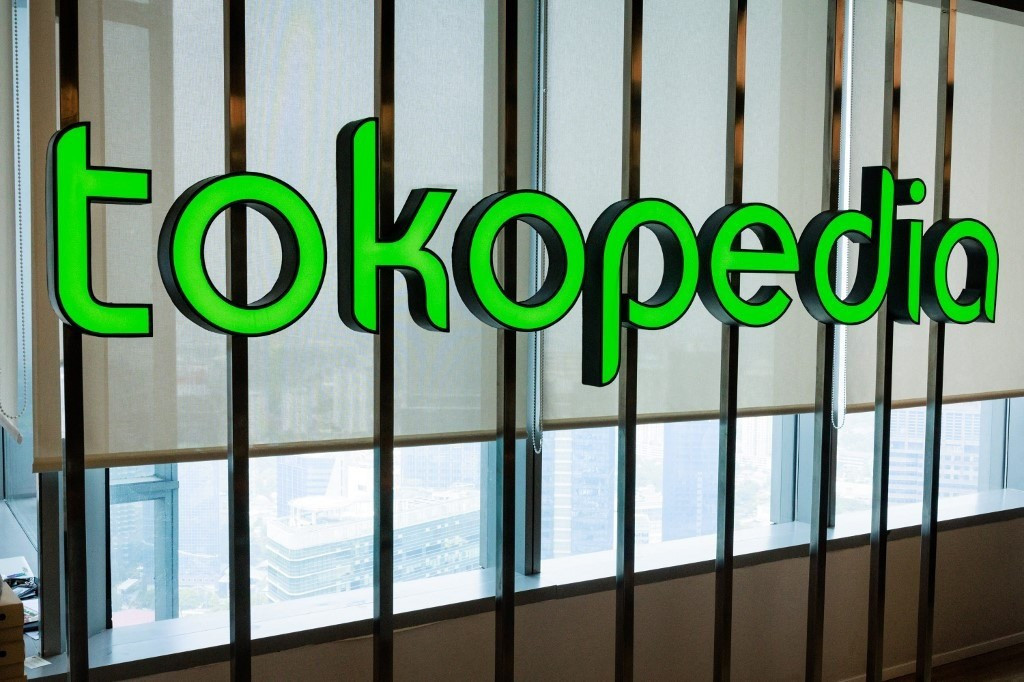News
KPPU flags monopoly risk in TikTok-Tokopedia merger
Tenggara Strategics June 10, 2025 (Courtesy of The Jakarta Post)
(Courtesy of The Jakarta Post)
Concerns over predatory pricing and unfair competition in Indonesia’s e-commerce landscape have resurfaced following the preliminary findings presented during Initial Commission Hearing on May 27, 2025, at the Business Competition Supervisory Commission (KPPU) office. The commisison revealed a notable increase in market concentration after TikTok’s acquisition of Tokopedia, raising the risk of monopolistic practices such as tying, bundling, and the influx of low-cost, illegally imported goods onto the Tokopedia platform.
Concerns over predatory pricing and unfair competition in Indonesia’s e-commerce landscape have resurfaced following the preliminary findings presented during Initial Commission Hearing on May 27, 2025, at the Business Competition Supervisory Commission (KPPU) office. The commisison revealed a notable increase in market concentration after TikTok’s acquisition of Tokopedia, raising the risk of monopolistic practices such as tying, bundling, and the influx of low-cost, illegally imported goods onto the Tokopedia platform.
The acquisition, finalized in January 2024, saw ByteDance—the parent company of TikTok—acquire a 75 percent stake in Tokopedia from the GoTo Group for approximately US$840 million (Rp13.7 trillion). In accordance with Indonesian regulations, mergers valued at over Rp5 trillion must be reported to the KPPU for antitrust assessment. The KPPU's review found that the merger had significantly increased the combined entity's market power, prompting fears that the new Tokopedia could engage in unilateral price-setting and crowd out competition.
These concerns are particularly pronounced among Indonesia’s micro, small, and medium enterprises (MSMEs), who warn that the merger could give TikTok easier access to flood Tokopedia with cheap imported goods, undermining local sellers through predatory pricing tactics.
However, critics have pushed back against the KPPU’s findings, arguing that the report overstates the risks. Indonesia’s e-commerce market remains highly competitive and fragmented, with several major players still holding considerable market share. Even the KPPU itself acknowledged that the merger does not constitute a significant barrier to entry for new players.
This view is supported by recent market share data. By the end of 2023, prior to the merger, Shopee dominated Indonesia’s e-commerce space with approximately 40 percent of gross merchandise value (GMV), equal to around US$21.5 billion out of a total GMV of US$53.8 billion. In comparison, Tokopedia held 30 percent (US$16.1 billion) and TikTok Shop held 9 percent (US$4.8 billion). Combined, the GMV of Tokopedia and TikTok Shop in 2023 still fell short of Shopee’s, casting doubt on the assertion that Tokopedia could exert dominant price-setting power.
Nonetheless, the KPPU’s concerns over potential anti-competitive practices such as tying and bundling may be more credible. For example, the merger could allow the platform to force merchants and consumers to use designated courier services. This issue has come under public scrutiny, especially around how shipping incentives are structured. Under Tokopedia’s free shipping program, for instance, merchants are required to cover a fixed shipping fee—Rp15,000 per shipment within the same city—while consumers pay only Rp9,000 to Rp12,000, raising concerns about merchant exploitation.
Another layer of concern stems from TikTok’s global reputation. In other markets, the platform has been criticized for leveraging its social media reach to drive sales on TikTok Shop, creating a closed-loop ecosystem that sidelines competitors. In Indonesia, however, regulators have taken preemptive action. In 2023, the Ministry of Trade amended Regulation No. 50/2020 to prohibit social media platforms from directly selling goods, effectively shutting down TikTok Shop’s direct-to-consumer sales model. Without the ability to convert TikTok's social media license into an e-commerce operation, the platform was unable to legally integrate shopping features into its app.
Following the Tokopedia acquisition, merchants on the Tokopedia platform have been instructed to complete integration and migration to its new centralized sales system by no later than June 9, 2025. This instruction has sparked protests from many merchants. Numerous sellers have voiced frustration over the integration process between Tokopedia and TikTok Shop, citing technical difficulties and a lack of clear guidance. Some merchants even claim that the integration effectively forces them to sell on TikTok Shop, despite having previously operated exclusively on Tokopedia.
This situation adds to growing concerns about the potential for monopolistic practices in Indonesia’s e-commerce landscape. Moving forward, regulators must ensure that digital platforms uphold principles of fair competition and user autonomy. The government and KPPU may need to reassess not only the structure of such mergers but also their downstream impact on merchant rights, platform neutrality, and consumer choice. Without strong oversight, integration risks becoming coercion—threatening the diversity and inclusiveness of Indonesia’s digital marketplace.
What we've heard
A former Tokopedia employee shared that since TikTok acquired Tokopedia, layoffs have become increasingly common on the e-commerce platform. All of this has been done for efficiency following the integration of the two entities.

